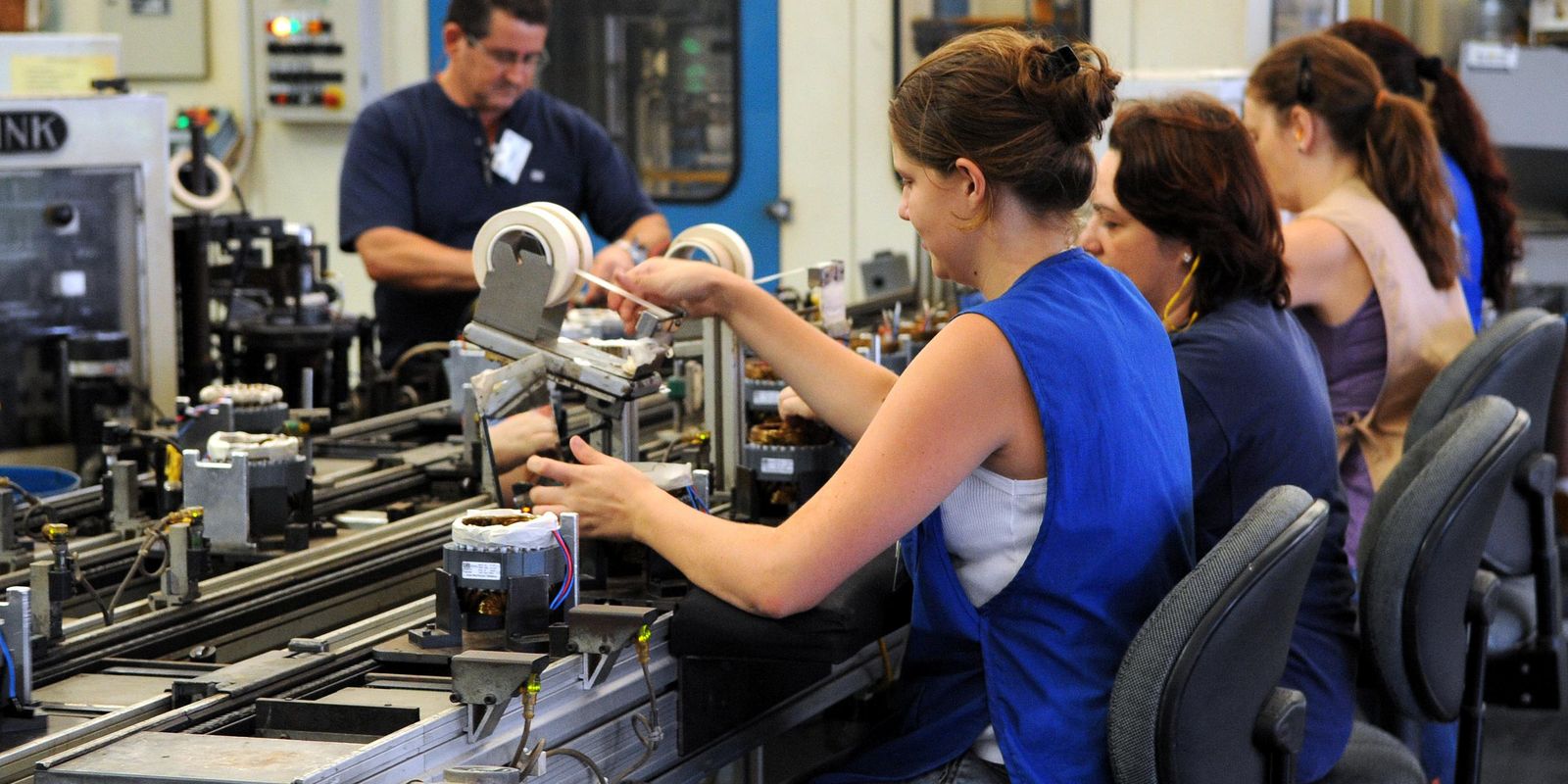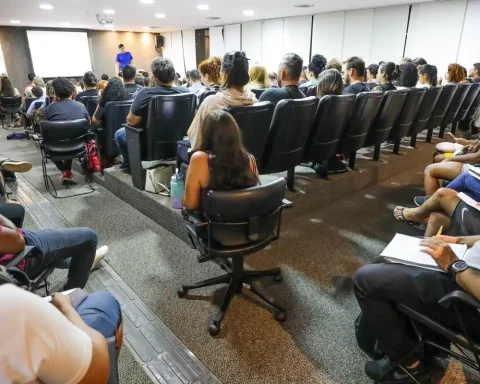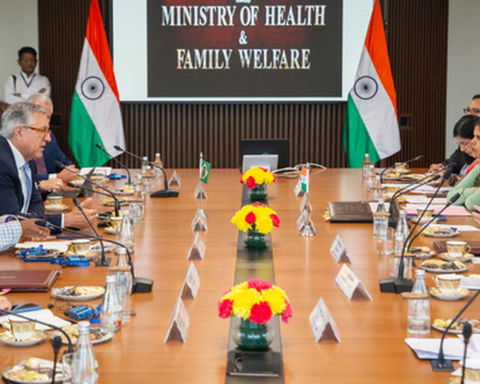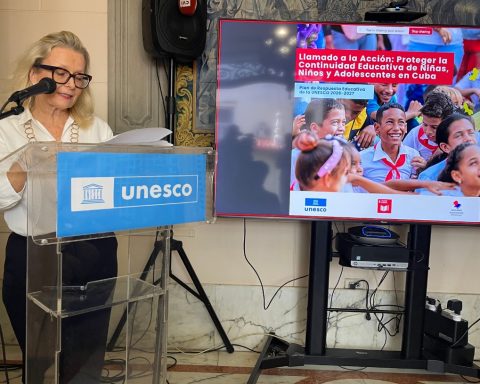The Ministries of Women and the Ministry of Labor and Employment (MTE) launched, this Wednesday (18), in Brasília, National Plan for Equal Pay and Employment between Women and Menwith actions aimed at increasing and maintaining women in the job market, promoting them to management and leadership positions; and also, tackling discrimination in the workplace.
The federal government’s budget forecast for implementing the plan is R$17 billion.
The announcement came during the release of the 2nd Salary Transparency Reportthis Wednesday, which indicates that female workers earned, in 2023, 20.7% less than men, in more than 50 thousand companies with one hundred or more employees, in Brazil.
At the event, the Minister of Women, Cida Gonçalves, explained that the unprecedented plan’s main item is to qualify women to be in spaces where they are currently not, such as management and executive positions.
“We need companies to decide to help us do this. We want to go to court, we don’t want to fight or wage war. We want to discuss this together with companies. And there is a lot of room for this debate.”
The National Plan for Equal Pay and Employment between Women and Men can be accessed at this address.
Equal Pay Plan
In all, the National Plan for Equal Pay and Employment between Women and Men There are 79 actions that consider inequalities between women and men in the world of work, considering issues of race and ethnicity, generational issues and ableism.
The actions are divided into three axes:
1. Access and expansion of women’s participation in the world of work, with 36 actions to address the barriers that prevent women from accessing the world of work under conditions of full equality;
2. Permanence of women in work activities, with 19 actions to reduce obstacles to women’s permanence and promote policies for sharing family responsibilities; and
3. Professional advancement and appreciation of women in the world of work, with 24 actions that aim to stimulate and create opportunities for young women to access careers linked to exact sciences, such as science, engineering and mathematics.
The actions also address ethnic-racial aspects and the sexual division of labor, that is, family responsibilities for caring for other people.
The National Secretary of Economic Autonomy and Care Policy of the Ministry of Women, Rosane da Silva, emphasized that promoting equality between women and men in the labor market requires interaction between the government, companies, civil society and the labor movement, to demand compliance with the legislation that determines equal pay for gender work. “For us to achieve a democratic country, we need women to be everywhere, and that is why we created this plan.”
The monitoring, follow-up and evaluation of the set of actions in this plan will be carried out by a management committee coordinated by the Ministries of Women and Labor and Employment and also composed of the portfolios of the Ministries of Development, Industry, Commerce and Services (MDIC), Ministry of Racial Equality (MIR) and Ministry of Human Rights and Citizenship (MDHC).
Interministerial Working Group
The National Plan for Equal Pay and Employment between Women and Men is the result of the collective construction carried out by the Interministerial Working Group (GTI), created in 2023, formed by 11 ministries, with the participation of representatives of unions, the business sector, public institutions and universities. “Help implement this plan, so that we have a democratic society, which means having women occupying all spaces, with equality in the workplace, which is fundamental”, called the National Secretary of Economic Autonomy and Care Policy of the Ministry of Women, Rosane da Silva.
At the event, the representative of the Brazilian Trade Union Center (CSB), Maria Abadia de Souza, stated that the demand for equal pay between men and women is a long-standing struggle of working women and, therefore, the trade union centers will be mobilized to monitor compliance with the law on equal pay between men and women and the plan launched.
“The law and the plan are important steps that need to be followed so that we can achieve this equality. We know that there is a lot to be done, so the fight does not end here,” said the union leader.
International commitments
The promotion of gender equality in the workplace is also included in the fifth Sustainable Development Goal (SDG) of the United Nations (UN), for 2030, undertaken by the Brazilian government. The goal is to include women and promote economic autonomy, especially among young, black women and those living in poverty, in economic and social development policies, contributing to overcoming hunger and poverty.
The challenges were taken on by the government of President Luiz Inácio Lula da Silva, in Brazil’s rotating presidency of the G20, more specifically in the Women’s Empowerment Working Group and the Employment Working Group. The G20 is made up of the 19 most developed countries in the world and two regional bodies, the African Union and the European Union.
The launch of the National Plan for Equal Pay and Employment between Women and Men took place on International Equal Pay Day, established by the UN, in 2019. The UN Women representative for Brazil, Ana Carolina Querino, praised the launch of the plan by the federal government.
“The launch represents the necessary articulation and mobilization to be able to transform cultural relations in our society.”



















